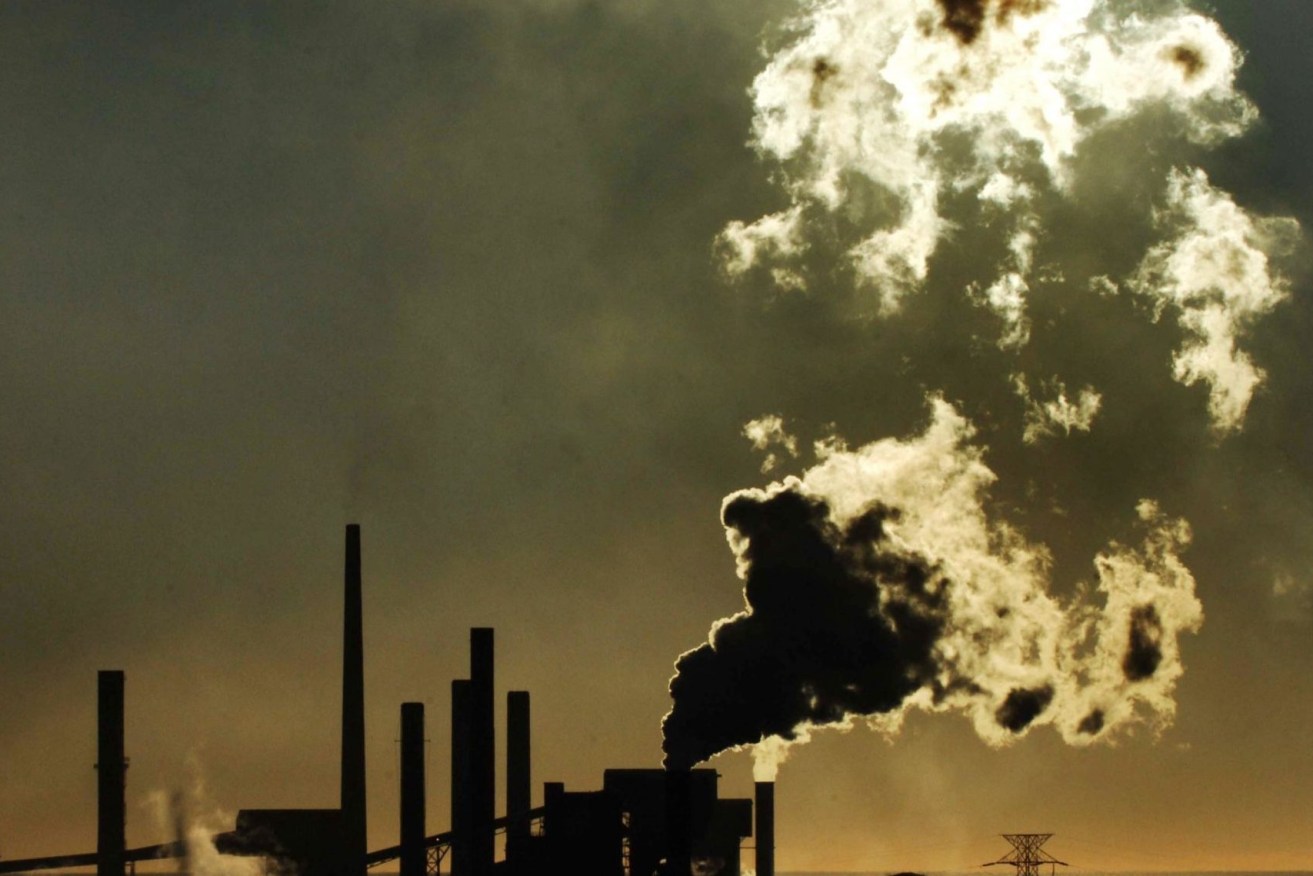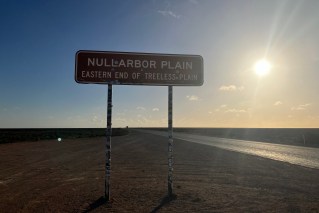It’s full speed ahead, but does anyone actually have a carbon roadmap to follow?
Economist Gene Tunny looked at what might happen to Queensland’s economy if we shut down the state’s coal and gas industries tomorrow. It’s not going to happen of course, but even with a lead time of years and decades the disruption could be substantial writes Robert MacDonald.


The plan could keep fossil fuels alive (Photo: Dean Lewins/AAP)
The targets might soon be law but no one yet knows how much it will cost to decarbonise the Australian and Queensland economies, let alone how to achieve it.
The Albanese Government’s Climate Change Bill, mandating a 43 per cent cut in carbon emissions by 2030 and net zero emissions by 2050, now appears set to pass the Senate next month, with the grudging support of the Greens.
But the Bill only spells out the targets. The Government is still to explain how it plans to steer us there, and how much it all might cost.
Whatever the details, Queensland, with Australia’s most carbon-dependent economy, will logically be the most affected.
Just how dependent and how potentially affected is highlighted by Brisbane economist Gene Tunny, who, in a recent report for the conservative think tank, the Australian Institute for Progress, asks the hypothetical question: what happens if you shut down Queensland’s coal and gas industries tomorrow?
The State’s Gross State Product would fall by up to 7.3 per cent and unemployment in mining regions could pass 40 per cent.
The Government’s deficit would climb to close to $11 billion, six times more than current levels.
“The loss of coal and gas related revenues would wipe out future Queensland Government net operating surpluses and would require spending cuts or tax increases to ensure the government was not borrowing just to pay wages and on a path of unsustainable debt accumulation,” Tunny writes.
The coal and gas sector’s nearly $190 billion of productive physical capital would also be scrapped – about 15 per cent of Queensland’s total.
It’s not going to happen of course. Even the Greens have acknowledged as much as part of their agreement to support the Albanese Government’s carbon emissions goals.
But even if you turn the time frame into years and decades rather than days, replacing carbon’s contribution to the Queensland economy is still going to be massively disruptive.
InQueensland colleague John McCarthy spelt out the political and economic challenges of trying to kill off coal and gas in a recent column.
Not least of them would be the loss of foreign exchange revenue. Australia exported close to $200 billion worth of coal and gas to the world last financial year.
Tunny says in his report that the longer-term impacts of a coal and gas shutdown are much more difficult to assess and will depend on such factors as the willingness of people to migrate out of regions that have lost jobs and the prospects for other emerging industries such as hydrogen.
He does expect that “the economy will adjust eventually, and overall state unemployment will return to what could be considered a natural state”.
But he warns the state’s economy could become less productive.
“In the long-run, we could see a permanently lower GSP relative to the baseline…because mining sector employment is so much more productive than that of other industries.”
Queensland mining productivity is currently around $365,600 per full-time worker compared with the average across all other industries of $134,300, according to Tunny’s figures.
He estimates if the average mine worker moved to another, less productive industry, the result could be a permanent reduction of around 7.3 per cent of GSP, or nearly $27 billion.
He concedes this “could be considered a worst-case scenario” and assumes the non-emergence of another highly productive industry to replace coal and gas mining.
Tunny concludes that closing down Queensland’s coal and gas industries “would bring large costs to Queensland, including to taxpayers here and in other states (via the loss of revenue, which would be redistributed by the Grants Commission).”
“It remains to be seen whether State Government plans to replace fossil fuel industry jobs with renewable and hydrogen jobs will be successful.”
Tunny says his analysis wasn’t aimed at casting judgement on the case for decarbonisation or achieving net zero by 2050.
“But for the time being, we need to tread cautiously regarding the coal and gas industries given their importance to Queensland’s economy and regions.”












